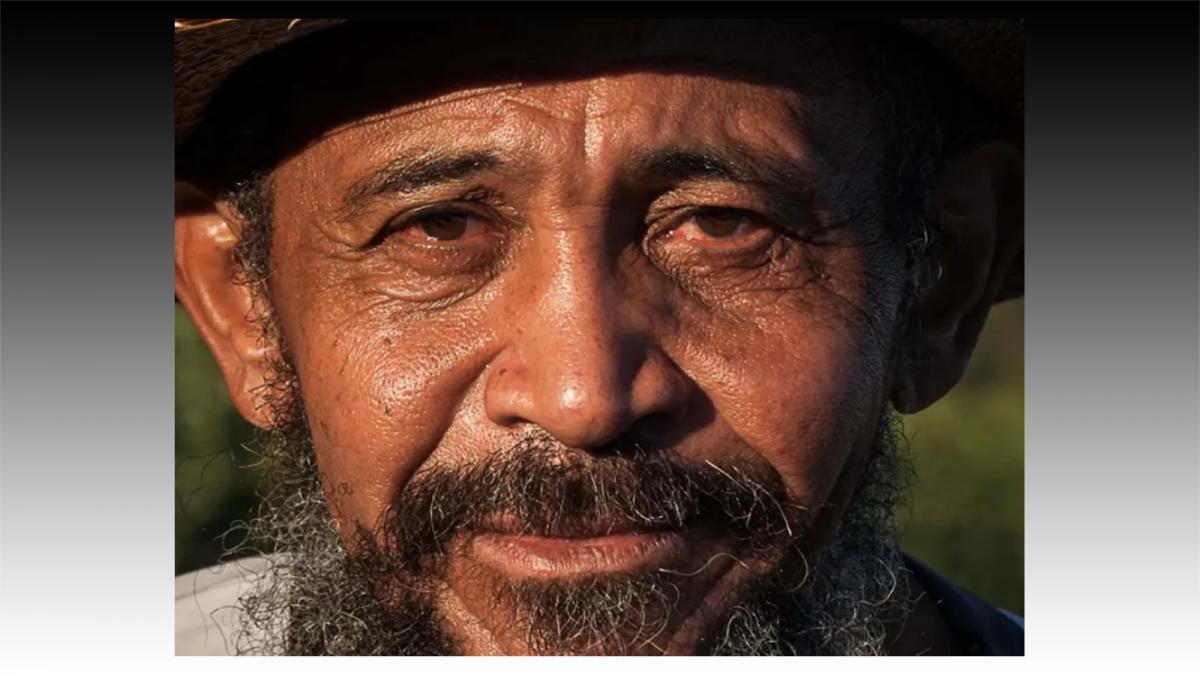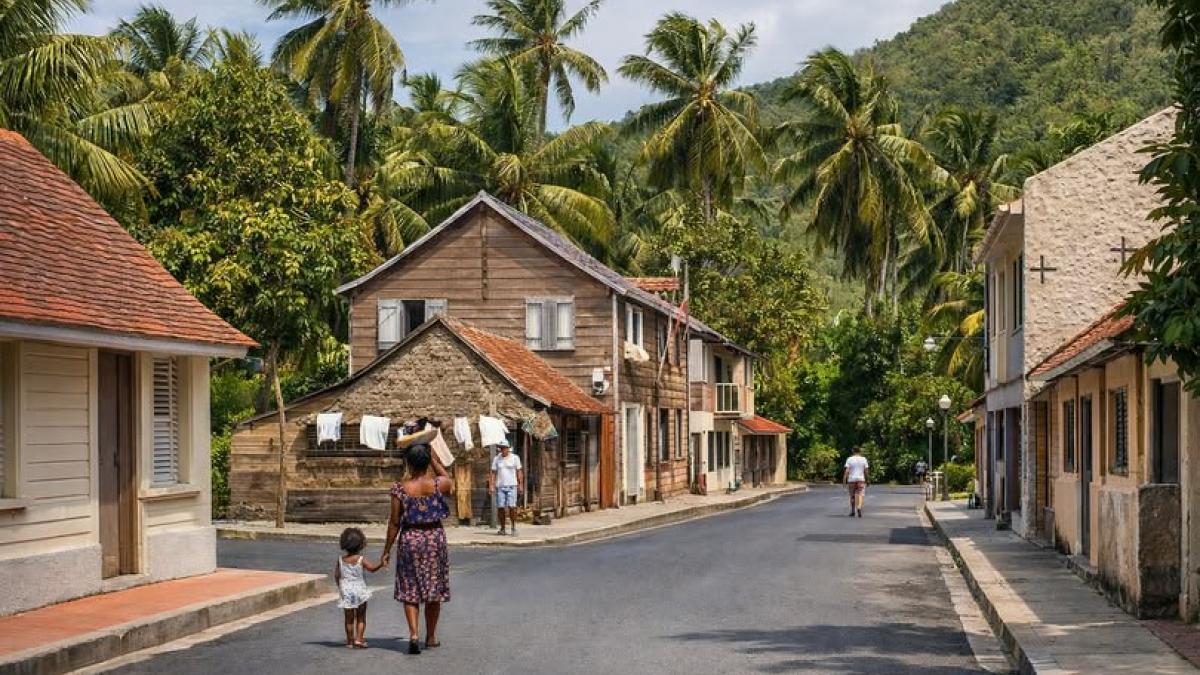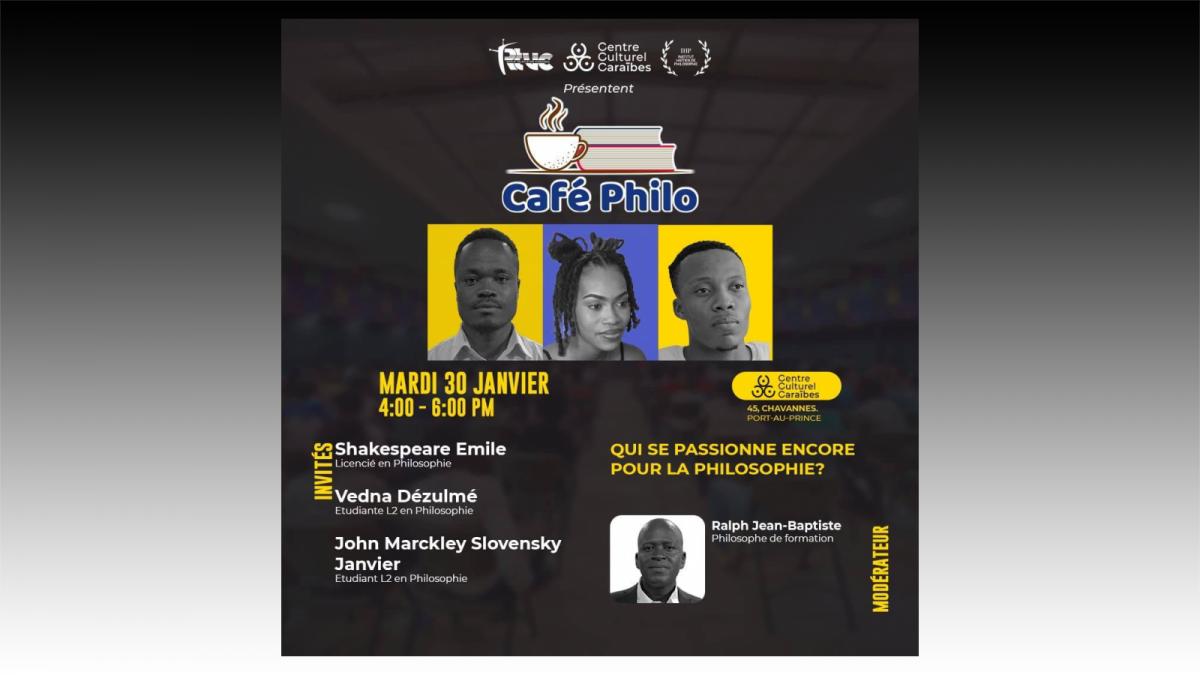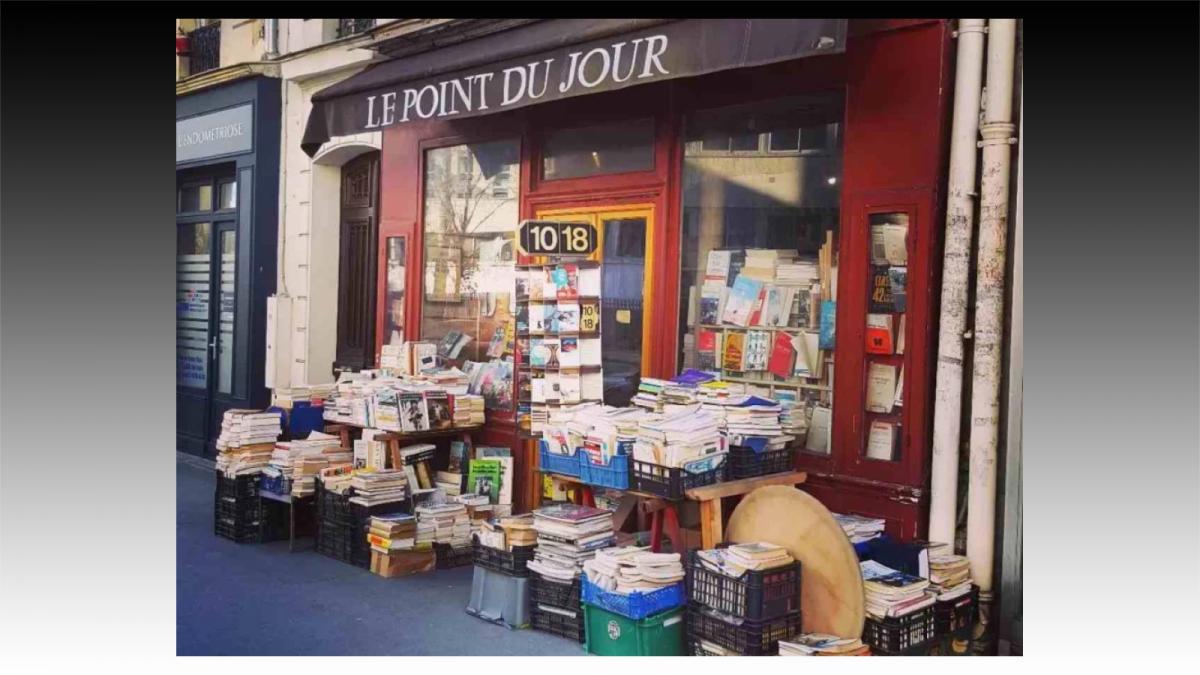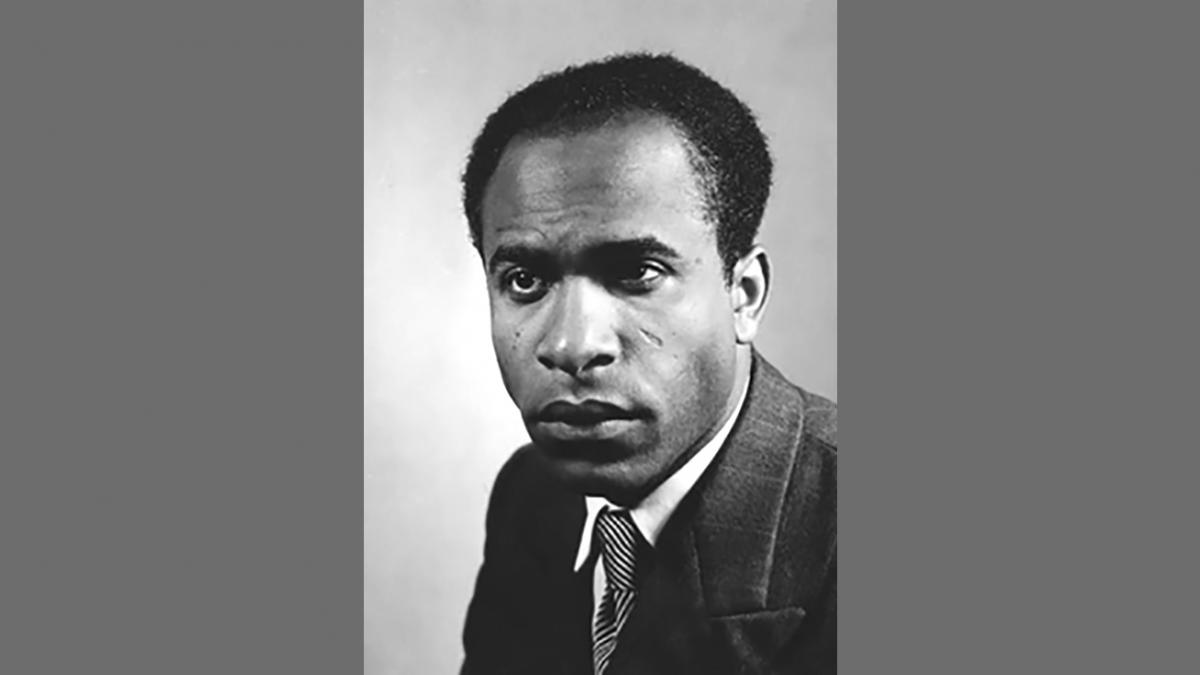The Irish-language novel that caught the eye of ‘the Eurovision for literature’
Riona Ni Riordain ("The Iris Times")

Tadhg Mac Dhonnagáin’s Madame Lazare got special mention at the EU Prize for Literature
There is a Eurovision for literature. It is called The European Union Prize for Literature (EUPL). Founded in 2009, it is awarded by the Creative Europe Programme to recognise the best emerging fiction in Europe. The rules, however, are more subtle than the Eurovision song contest. Please don’t think that Sinéad MacAodha, director of Literature Ireland, and her board sit in the boardroom saying, “France: douze points, France twelve points”, but you get the picture. EUPL is a prize that aims to promote the circulation of literature within Europe to foster intercultural dialogue. In today’s fraught climate such initiatives are more vital than ever.
In 2019 Ireland’s prize winner was Jan Carson’s The Fire Starters. Carson is eloquent on the benefits of such a prize: “The EU Prize for Literature helped me to see myself as a European writer, fostered deep friendships with my fellow writers across Europe, opened up opportunities to reach new European audiences and travel widely throughout the continent and beyond. It has been a life-changing experience.” This year’s Irish nominee was Madame Lazare, a first novel written in Irish by Tadhg Mac Dhonnagáin, and was one of five titles to receive a special mention from the jury.
If Mac Dhonnagáin’s name is familiar to you it may be from the children’s programme Dilín Ó Deamhas, which aired on RTÉ in the 1980s. This marked Mac Dhonnagáin’s first engagement with broadcasting. After working part time for a number of years, he joined RTÉ full time in 1987. He was to stay for 13 years, going on to present the current affairs programme Cúrsaí. Later, he co-presented Cúrsaí Ealaíne in 1995-2000. Mac Dhonnagáin then left Dublin for Connemara to live in An Spidéal with his wife and three children. While he had enjoyed the stimulating encounters with the artists and writers he had met on Cúrsaí Ealaíne, he recognised that his own artistic ambitions were not being fully realised and he took the plunge and became a freelance scriptwriter.
He worked on TG4’s long running soap-opera Ros na Rún, wrote music, developed different ideas, such as the teen programme Aifric. He established a publishing house Futa Fata in 2005, where amongst other projects, he produced CDs for children. Today the publishing house employs five people and has a back catalogue of almost 60 books. Mac Dhonnagáin stresses the variety of tasks that publishing involves – acquiring and selling rights, commissioning original work. His picture books have been very successful: Mise agus an Dragún by Patricia Forde, for example, has been sold into many languages and shortlisted for a number of awards.
Mac Dhonnagáin has also published translations of popular English language books for children, such as Diary of a Wimpy Kid (Dialann Dúradáin). To those who ask why such books should be translated to Irish, Mac Dhonnagáin responds that bilingual children are delighted to read familiar stories again in Irish. Mac Dhonnagáin also established an imprint for adults, Barzaz. It publishes both original material and translations, such as Khalil by the Algerian writer Yasmina Khadra. A more recent project is the translation of the best-selling Les enfants sont rois (The Children are Kings) by the French writer Delphine de Vigan.
Mac Dhonnagáin grew up in rural Mayo. He became fluent in Irish in his English-medium secondary school. He underlines how the Leaving Certificate curriculum at that time gave pupils a real insight into the history and literature of the Irish language; pupils read a range of poetry from the bardic to the ultra-contemporary, and they studied four books, including memoir and short stories. Mac Dhonnagáin’s was involved in Slógadh, the festival of the arts run in Irish for teenagers, and at 16 he went to stay in the Gaeltacht for the first time.
Cor na Móna, a small village just over the Galway/Mayo border, was very similar to the village where he had grown up – a clutch of small farms, a feeling of neighbourliness and yet, for him, the revelation was to be found in the speech of the locals, in that other language, Irish. It made Mac Dhonnagáin aware of the persistence of Irish in his own community. He draws on an image used by the poet Michael Hartnett to explain what he felt. Hartnett referred to the Breac-Gaeltacht areas (partially Irish language speaking areas), like Ballyvourney, as a two-tone Gaeltacht. Mac Dhonnagáin, on his return home, felt that Mayo was a two-tone Galltacht or English-speaking area, where many people’s great-grandparents were native speakers of Irish, and where the English spoken was peppered with Irish words and phrases.
The novel is remarkable for many things: its exploration of language, family ties, European identity, dementia, the burden of care in contemporary society
Mac Dhonnagáin moved to Dublin after his Leaving Certificate and studied to become a primary school teacher in St Patrick’s College, Drumcondra. During his three-year course he moved in the Irish-speaking world in Dublin, playing music, writing songs, recording with Raidió na Gaeltachta, and making an album with Gael Linn. After graduating he taught in a Dublin primary school from 1982-1987.
Madame Lazare came about because of Mac Dhonnagáin’s foray into creative non-fiction with the book Mise Raiftearaí: An Fíodóir Focal. In this work, Mac Dhonnagáin explores the life of the blind poet, who is both a figure of folklore legend and a real historical character. The experience gave him the courage to write a novel in Irish.
Novels in the Irish language, as Barry McCrea pointed out at a recent conference in Rome, are a relative rarity. McCrea suggests that it is because of the fate of the language in the 19th century and the absence of an Irish-speaking bourgeoisie.

Madame Lazare by Tadhg Mac Dhonnagáin won Irish Language Book of the Year at the 2021 An Post Irish Book Awards
Mac Dhonnagáin’s novel moves between contemporary Paris, Brussels and the Aran Islands. Its central protagonists are Madame Lazare, a Jewish woman, living in Paris, and Levana, her granddaughter, who works in Brussels. As Levana’s grandmother becomes increasingly affected by dementia, Levana is drawn to exploring her grandmother’s identity and her past as a refugee.
The novel is remarkable for many things: its exploration of language, family ties, European identity, dementia, the burden of care in contemporary society. The texture of the language in the novel also reminds readers that the Irish language has many different strands, from the speech of native speakers on the Aran Islands, to the language spoken by young people in a cosmopolitan metropolis. Mac Dhonnagáin stresses the honour he feels in representing Ireland at the EUPL.
The deftness of the plotting and the intricacies of the narrative remind the reader of the great sweep of works by Balzac or Thomas Mann. Mac Dhonnagáin’s training as a scriptwriter also ensures that the reader is carried along by the desire to know more about Hana Lazare. Máire Nic an Iomaire is working on an English-language translation; Mac Dhonnagáin wants to maintain his creative voice in Irish. He is enthusiastic at the popular response to the book, people have contacted him via Twitter, for instance, to say how much they loved it. And as he points out, the network of Gaelscoileanna across the country has created a reading public for adult books in Irish.
It is to be hoped that Madame Lazare’s European recognition will mean that this complex, tender novel will be read widely in Europe and beyond.
- Se connecter ou s'inscrire pour publier un commentaire
- 49 vues
Connexion utilisateur
Dans la même rubrique
Pâmela Carvalho
23/01/2026 - 10:47
Mustafa Benfodil ("El Watan.dz")
14/12/2025 - 10:42
Commentaires récents
S'amuser à se faire peur pour rien...
INCAPABLE...
Albè
05/02/2026 - 16:45
...de coloniser le Canada ou le Groënland, territoires remplis de richesses minières, Trump songe Lire la suite
S'amuser à se faire peur pour rien...
Comment pouvez vous affirmer...
Frédéric C.
05/02/2026 - 14:17
...avec certitude que Trump-2 ignore l’existence même de nos pays ? Lire la suite
Saint-Esprit : le bilan de la mandature de Fred-Michel Tirault
Je précise ma pensée :
yug
05/02/2026 - 12:46
Accuser: Présenter qq'un comme coupable (Larousse)
Lire la suiteSaint-Esprit : le bilan de la mandature de Fred-Michel Tirault
POVRE CONARD, VA !
Albè
05/02/2026 - 11:00
Donc les articles du communiste-autonomiste Michel Branchi et de l'indépendantiste-CNCP Robert Sa Lire la suite
Saint-Esprit : le bilan de la mandature de Fred-Michel Tirault
Vidéo-tract électoral
yug
05/02/2026 - 10:40
Je me fous des départementalises ,de Branchi ou du CNCP..Ce que je sais c'est que cet "ARTICLE" e Lire la suite
Top 5 des articles
Aujourd'hui :
- La ministre des Outremers dénonce le racisme...anti-blanc
- Hilarante campagne électorale dans l'île aux fleurs fanées
- L'antisionisme se paie cash, ma belle !
- L'île paradisiaque dont les habitants n'ont pas le droit d'utiliser les plages
- Il devrait prendre des cours d'...anglais !
Depuis toujours :
- Tous les présidents et premiers ministres de la Caraïbe sont vaccinés
- L'intolérable appauvrissement intellectuel et culturel de la Guadeloupe et dans une moindre mesure de la Martinique !
- LETTRE OUVERTE AU 31ème PREFET FRANCAIS DE MARTINIQUE
- L'arrière-grand-père maternel de Joan Bardella était...algérien
- Les triplement vaccinés contre le covid ne bandent plus

